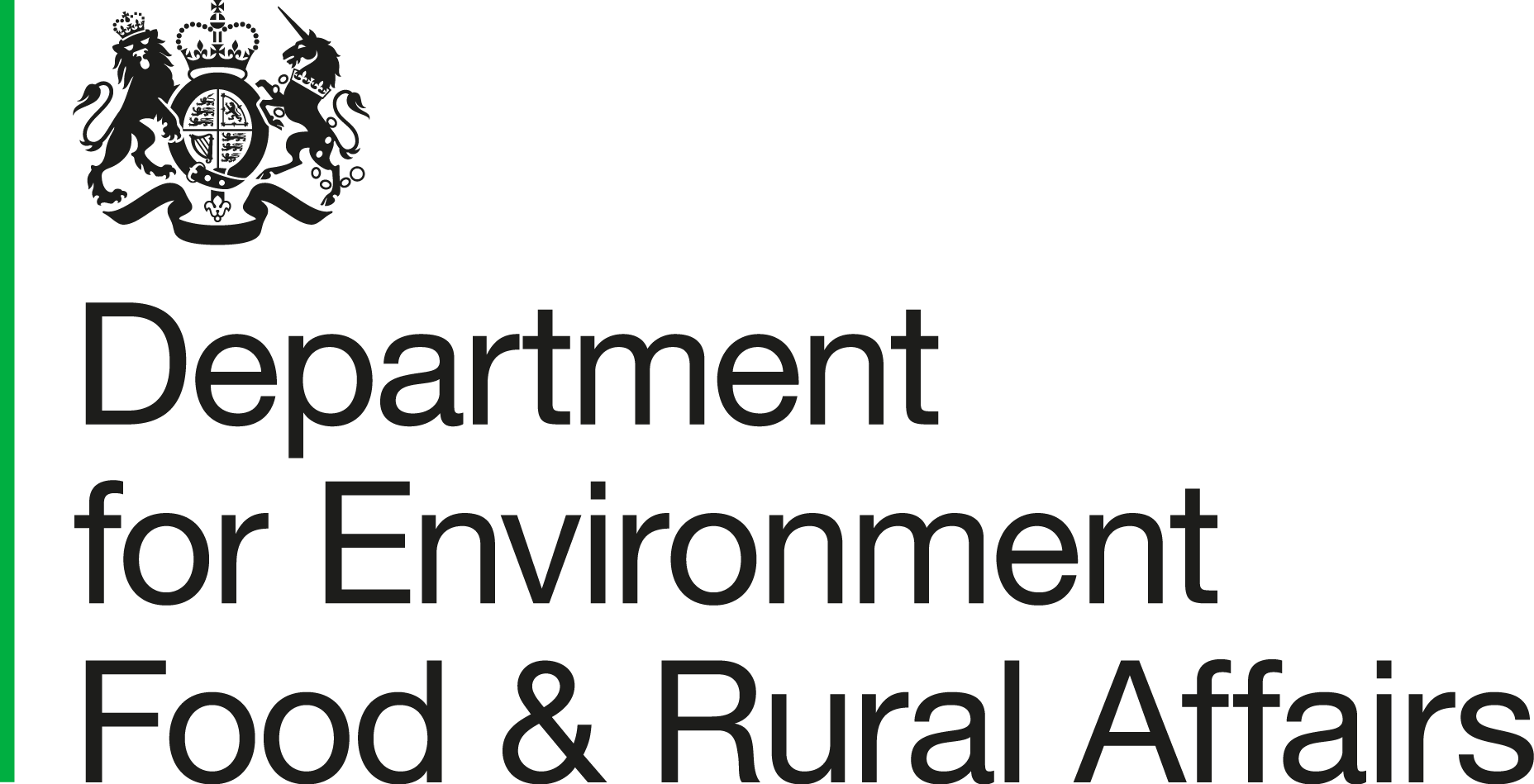Understanding the behaviour of adopted northern Canadian community dogs through a mixed-methods approach

Format of work:
Journal Article
Event presented at / Journal Name:
Applied Animal Behaviour Science
Speaker / Contact Author's Name:
Danielle Sorbie
Speaker / Contact Author's E-mail Address:
DANIELLE.SORBIE@stu.mmu.ac.uk
-
Research aim:
This study investigated how Northern dogs—originating from remote Canadian communities and later rehomed in more urban or southern settings—adjust to their new environments after adoption. Using a mixed-methods approach, the research explored the behavioural outcomes of these dogs and how environmental, demographic, and lifestyle factors influence their adaptation and well-being.
-
Background:
Dogs from Northern Canadian communities often live with greater autonomy and fewer restrictions than typical pet dogs. As part of population control programs, many are rehomed to more controlled, urban environments where their ability to express natural behaviours may be limited. This transition can lead to behavioural challenges, especially if their new homes are not aligned with their previous lifestyle.
-
Approach:
A total of 357 adoptive owners completed an 89-item online survey, which included a shortened version of the Canine Behaviour and Research Questionnaire (C-BARQ) and an open-ended question about their dog’s adjustment. Exploratory factor analysis (EFA) was used to determine behavioural structures, and logistic regression assessed the impact of variables such as age at adoption, access to conspecifics, and household composition. Qualitative content analysis explored owners’ perspectives in depth.
-
Key finding:
Northern dogs scored particularly high in Chasing, Energy, and Attachment behaviours. Influencing factors included age at adoption, access to other dogs, and household size. Many owners reported behavioural challenges, potentially linked to frustration or reduced control over their environment compared to their previous lifestyle. Content analysis highlighted recurring themes of adjustment struggles and the importance of matching dogs' needs with the home environment.
-
Industry or policy relevance:
These findings underline the need for rehoming programmes to consider the behavioural and environmental histories of Northern dogs. Tailored post-adoption support and awareness about their unique needs can improve welfare outcomes and reduce behavioural issues.
-
Route for practical application:
Adopters and shelters should be informed about the behavioural profiles and needs of Northern dogs. Environments that allow for autonomy, physical activity, and social interaction with other dogs may help facilitate smoother adjustment. Guidelines and support materials could be developed to assist adopters in providing enriched, appropriate care.
-
Confidence in findings and next steps towards realising impact:
Findings are supported by both quantitative analysis and rich qualitative data. Further studies are needed to evaluate intervention strategies and compare adjustment trajectories across different types of dogs and rehoming contexts.
Funders:
None
Links to Open Access Publications or DOI:
Citation:
https://www.sciencedirect.com/science/article/pii/S0168159125000954#ack0005
Blog
Categories
Archive
- August 2025
- June 2025
- April 2025
- March 2025
- November 2024
- October 2024
- August 2024
- July 2024
- February 2024
- January 2024
- December 2023
- November 2023
- October 2023
- September 2023
- July 2023
- June 2023
- May 2023
- April 2023
- March 2023
- February 2023
- January 2023
- December 2022
- November 2022
- October 2022
- September 2022
- August 2022
- July 2022
- June 2022
- April 2022
- March 2022
- February 2022
- January 2022
- December 2021
- November 2021
- October 2021
- September 2021
- August 2021
- July 2021
- June 2021
- May 2021
- April 2021
- March 2021
- February 2021
- January 2021
- December 2020
- November 2020
- October 2020
- August 2020
- July 2020
- June 2020
- May 2020
- April 2020
- March 2020
- February 2020
- January 2020
- December 2019
- November 2019
- October 2019
- September 2019
- August 2019
- July 2019
- June 2019
- May 2019
- April 2019
- January 2019
- December 2018
- November 2018
- August 2018
- June 2018
- May 2018
- April 2018
- March 2018
- February 2018
- January 2018
- November 2017
- October 2017
- August 2017
- July 2017
- June 2017
- May 2017
- April 2017
- March 2017
- January 2017
- December 2016
- November 2016
- October 2016
- September 2016
- August 2016
- July 2016
- June 2016
- May 2016
- April 2016




